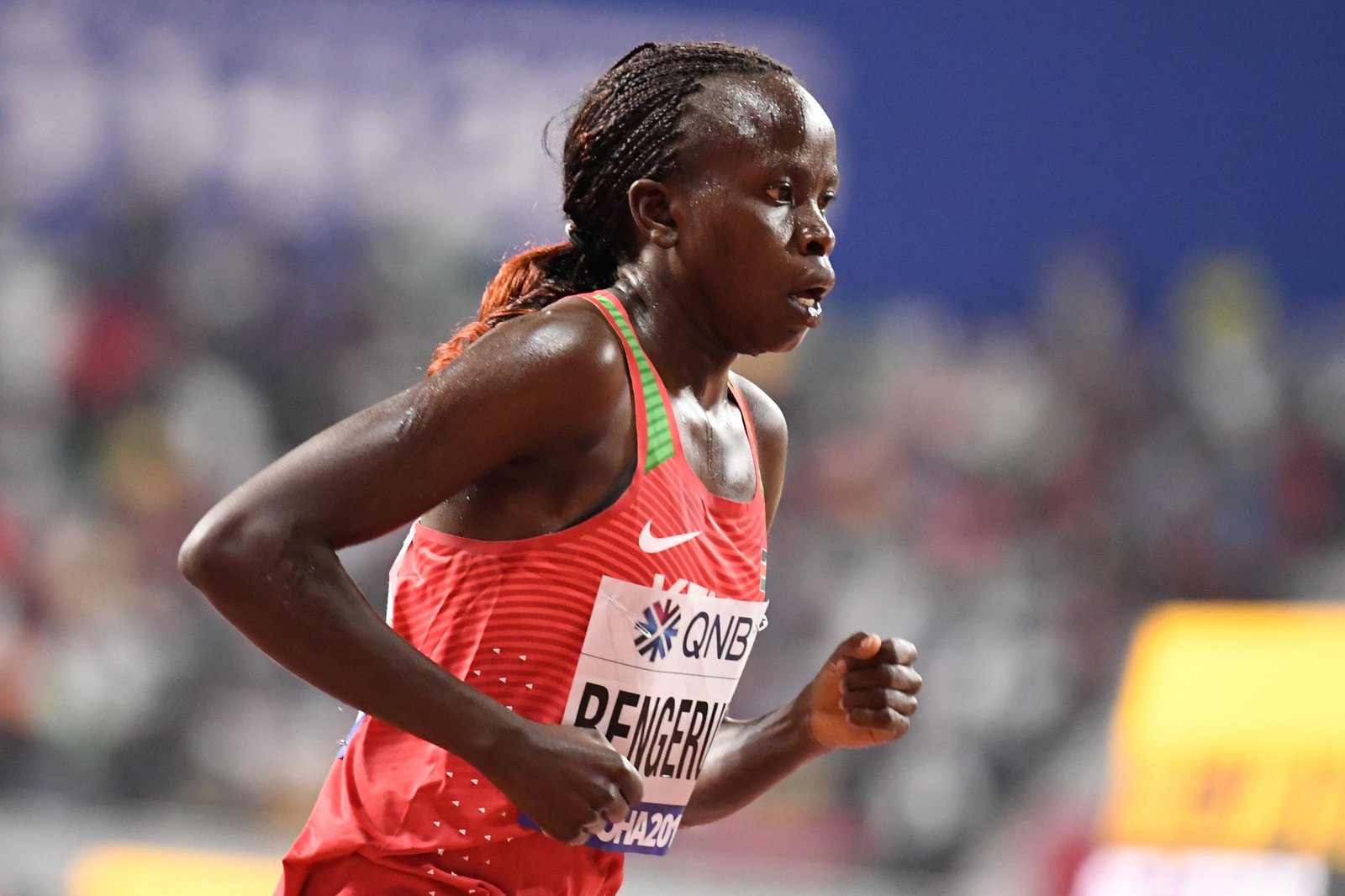
- There are at least 23 Kenyans banned by 2022 for doping
- Among them is Jemimah Sumgong
- Doping in athletics refers to the use of prohibited substances by athletes to boost their performance
The number of Kenyan athletes banned for doping keeps increasing by the day.
It’s not so much of a coincidence given Kenya has a reputation on the track across the world. Call it a vice fuelled by the need to maintain the status quo but it ends up ruining careers and lives.
Doping in athletics refers to the use of prohibited substances by athletes to boost their performance in a competitive sporting environment. These drugs stimulate performance.
The most common performance-enhancing drugs flagged among athletes in doping include the following:
- Anabolic steroids
- Peptide hormones
- Beta-2 agonists
- Diuretics
- Narcotics
- Steroids
- Cannabinoids
Further in sports medicine, there are two sub-categories of doping; gene and blood doping. The latter increases the number of red blood cells through blood transfusion which increases haemoglobin levels.
Since haemoglobin carries oxygen to the blood, an athlete gets more energy bursts and increases stamina and performance.
On the other hand, gene doping is the introduction of genes or genetically modified cells into a human body to improve athletic performance.
In most cases, banned athletes use performance-enhancing substances but never admit liability. They blame other forces or deny involvement in its entirety. All said and void of admission of guilt, the script is that test results speak otherwise.
These are the infamous Kenyan athletes banned for doping over the years.
DIANA KIPYOKEI

Diana Kipyokei suspended by the Athletics Integrity Unit due to doping. Photo/ The West Australian.
The 2021 Boston Marathon champion is the latest victim of a doping ban. Kipyokei, 28, won the women’s race at the 125th Boston Marathon last October. She posted a record time of two hours, 24 minutes, and 45 seconds, almost a year after winning the Istanbul Marathon in a personal best 2:22:06 in Turkey.
BETTY WILSON LEMPUS
The Athletics Integrity Unit (AIU), which combats doing on behalf of World Athletics temporarily banned Lempus alongside Kipyokei. Both athletes reportedly took triamcinolone acetonide, a banned performance-enhancing drug.
Lempus is also facing another charge of hurdling investigations and providing misleading paperwork.
TABITHA GICHIA WAMBUI
Tabitha Gichia Wambui got a seven-year ban from the Athletics Integrity Unit (AIU) for violating the World Anti-Doping Agency’s (WADA) Anti-Doping Rules.
This is after testing positive for the presence of the prohibited substance, norandrosterone and for manipulating the anti-doping procedure. She is among the latest Kenyan athletes banned for doping.
LILIAN KASAIT
Lilian Kasait is the 2017 World Cross Country Championship bronze medalist with a 10-year doping ban by AIU. The 25-year-old admitted using Letrozole, a banned performance-enhancing drug.
PHILEMON KACHERAN
After admitting to using testosterone-enhancing drugs, Kenyan marathoner Philemon Kacheran was handed a three-year doping suspension by the Athletics Integrity Unit.
The Lausanne, Switzerland laboratory revealed an adverse analytical finding in the sample for the presence of testosterone and its metabolites2. The laboratory is accredited by the World Anti-Doping Agency.
ASBEL KIPROP

Asbel Kiprop comeback. Photo/Sky Sports
Asbel Kiprop, a three-time world 1500 metres champion insists he was wrongfully banned for four years over alleged doping.
The 32-year-old insists that corruption at AIU made him a sacrificial lamb and this has affected his life negatively. His ban ends in 2022 but he feels lost and down-spirited four years later.
JEMIMAH SUMGONG
Olympic marathon winner Jemima Sumgong’s eight-year doping suspension was increased after the IAAF judged her guilty of doping.
She had filed an appeal claiming that in a hospital in Kenya, an “imposter” administered an EPO during a doctor’s visit.
The IAAF threw out the appeal and doubled her ban to eight years. This tribunal added her four more years citing that she challenged the first ruling with the intent to tamper with doping regulations.
Together with Kiprop, they are the saddest cases of Kenyan athletes banned for doping.
RITA JEPTOO
Jeptoo lives up to the status of a disgraced marathon champion who failed to launch a comeback after a four-year ban. AIU banned her in 2016 and by 2020, her marathon spirit was a pale shadow of her former self.
MARK KANGOGO

MARK KANGOGO. Photo by DH.be
The Kenyan marathoner got a three-year ban by AIU over traces of Norandrosterone & Triamcinolone acetonide in his sample.
Kangogo held the record for the Luxembourg Marathon with a time of 2:12.10 achieved in 2018. AIU busted him in Switzerland where it collected a urine sample that hammered the last nail in his coffin.
JUDITH JEPNGETICH
According to AIU, she tested positive for the presence of 19-Norandrosterone, 19- Nor etiocholanolone and Nandrolone(19-norandrosterone).
This earned her a four-year ban.
In an effort to tame this vice, IAAF has empowered AIU to carry out transparent investigations on their subjects.
Teresa is a journalist with years of experience in creating web content. She is a wanderlust at heart, but an outgoing sports writer with focus on tennis, athletics, football, motorsports and NBA.













You must be logged in to post a comment Login